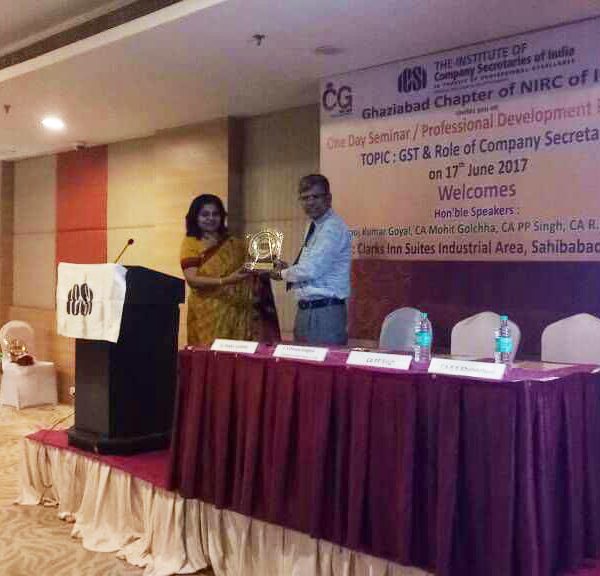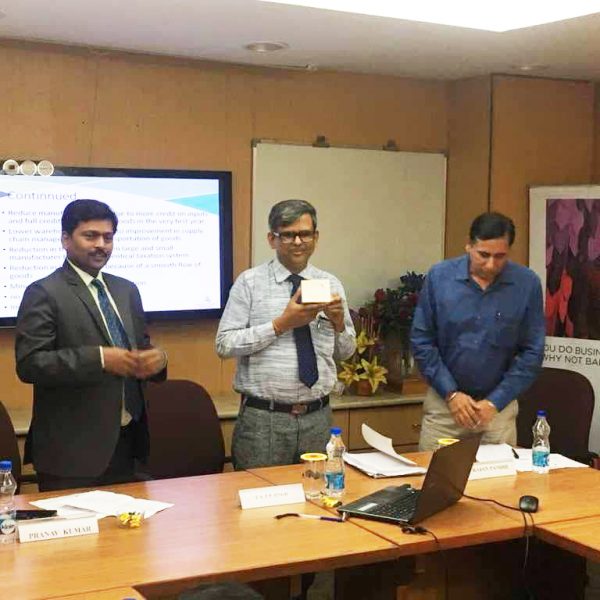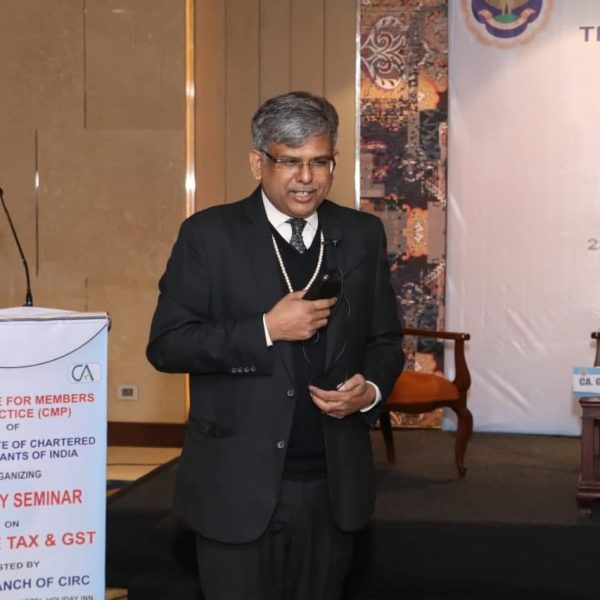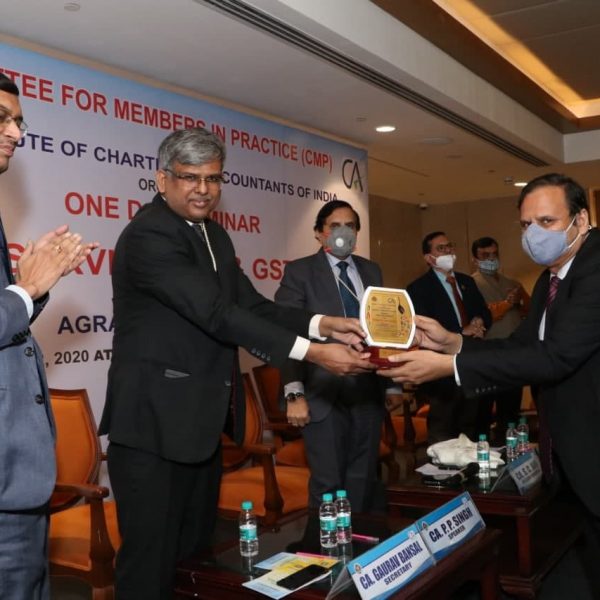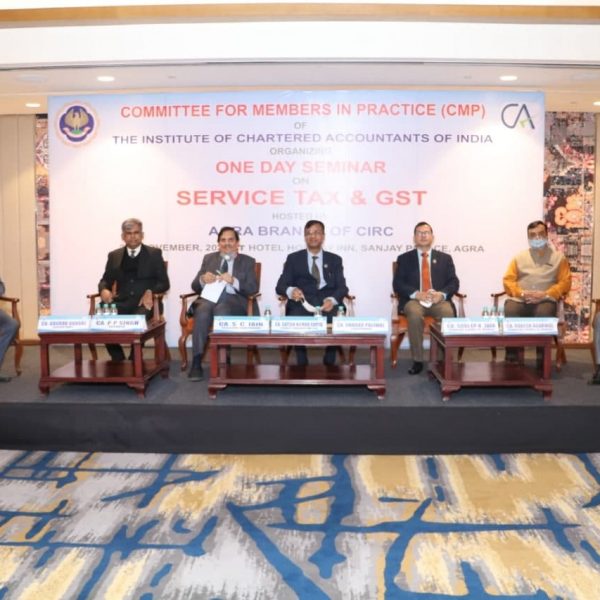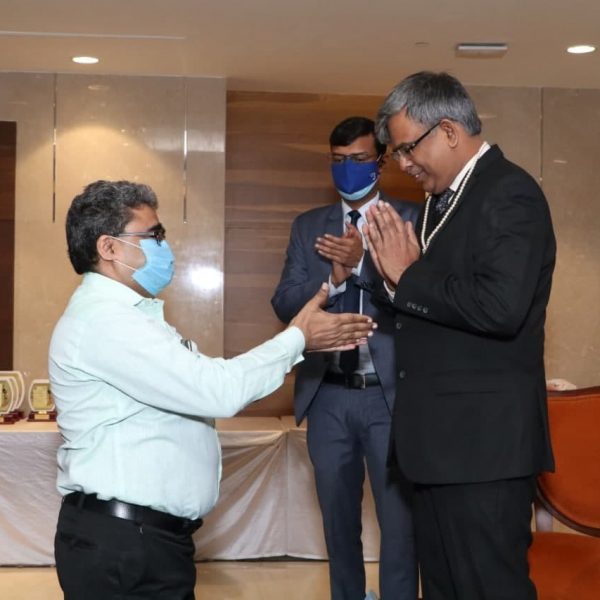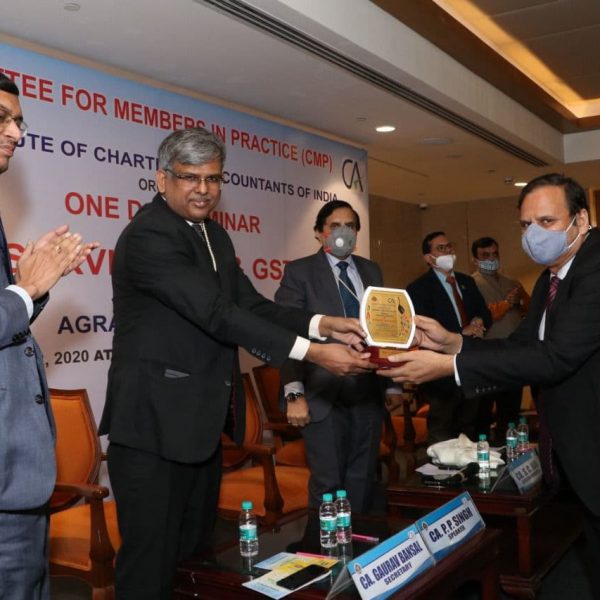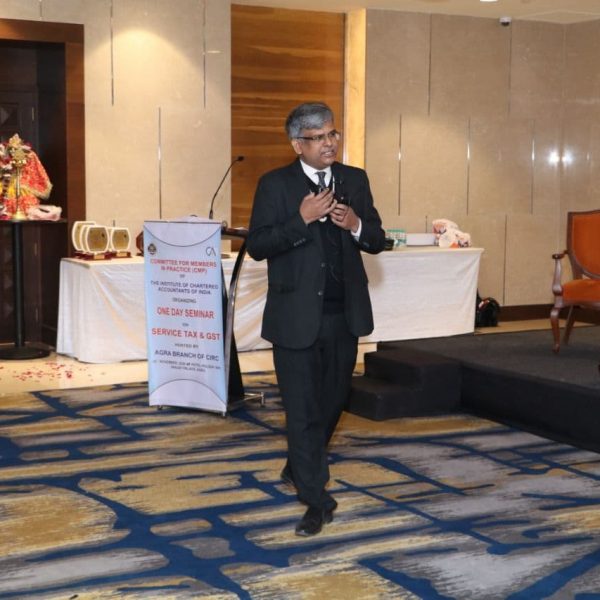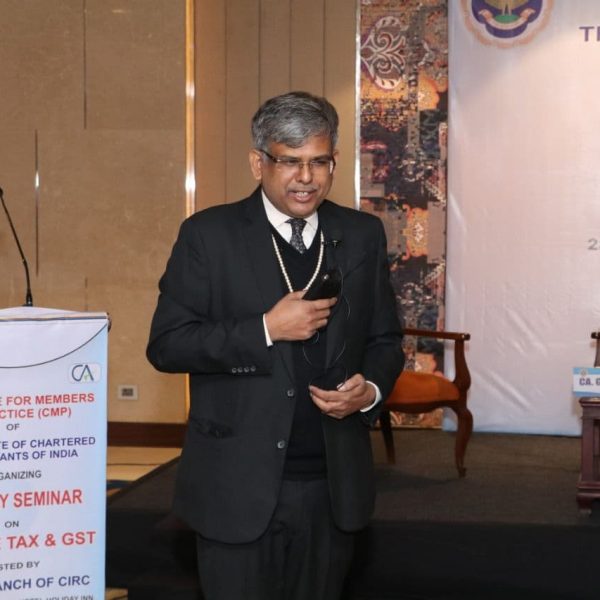How to ensure complete and correct ITR filing ?
Introduction: Income tax return (hereinafter referred as ITR) filing is legal obligation of every assessee as per section 139 of the Income Tax Act 1961, everyone is making this compliances of furnishing of ITR, but only few assessee are filing correct and complete return by the due date. Most of them are either filing incorrect or incomplete ITR , therefore serious consequences of that by way of notices from income tax for defective ITR or notice of scrutiny or income escaping assuagement or delay in refund besides interest and penalty . some of them are filing their ITR after due date (called belated ITR) are also worstly affected by way of interest liability, delay in getting refund of excess tax paid, unable to carried forward losses etc. Here in this article effort has been made to prepare a check list to ensure correct filing of ITR to avoid consequences of any mistake in ITR adversely affecting assessee.
| S.No | Particulars | Remark |
| 1. |
Correct status of the tax payer like individual , HUF, AOP etc. particularly in case of AOP/ AOP Trust and correct residential status like resident/non-resident etc. |
Incorrect classification may result into higher amount of tax or notices from CPC or withhold of refund |
| 2. | Correct Particulars of Tax payer like mobile no , email id, residence address, details of Property let Out | For proper service of notice and timely compliances, early refund, timely intimation of ITR processing, timely response of notices etc. |
| 3. | Nature of Income and correct classification of head of income. | Incorrect classification may result into higher amount of tax due to less deduction or wrong deduction |
| 4. | Ensure reporting of all real income as well as deemed income like deemed annual value even if house property remain vacant , Income u/s 56(2)(X) etc. | To avoid any penalty , Interest |
| 5. | Ensure to report income of minor and reporting of income where income in the hand of other person clubbed in the income of some other assessee. | Ensure to claim deduction also and provisions of clubbing of income under section 60 to 65 |
| 6. | Reporting of all the house property anywhere whether self-occupied, let out, or vacant , 100% ownership or in co-ownership | To avoid notices, interest , additional tax , penalty |
| 7. | Ensure all the Deduction under each head of income like in salary standard deduction, professional tax etc, under house property interest on loan, 30% adhoc for repair and collection charges, | To minimize head wise income and minimize tax liability |
| 8. | Ensure to claim all eligible deductions under chapter VI-A based on supporting documents | To minimize tax liability |
| 9. | Ensure new deduction made available like purchase of electric vehicle under section 80EEB (1.5 lakh) deduction of interest on housing loan 80EE/80EEA , Interest on loan for higher education 80E, donation to political party 80GGB/80GGC, inter corporate dividend, 80TTA/80TTB, 80GG ( rent paid – other than person getting HRA) etc | To minimize tax liability |
| 10. | Capital gain exemption 54 to 54H either based on investment upto the end of the F.Y. or deposit of amount in capital gain Scheme before due date of filling of return. | To ensure the exemption of capital gain and to minimize tax liability |
| 11. | Ensure Payment of Tax in time if there is shortage of advance tax payment to save interest | To save Interest u/s 234A/B/C |
| 12. | Ensure timely filling of ITR | To avoid late fees u/s 234F, C/F of losses. |
| 13. | Expenditure claimed based on entry in the bank statement or cash payment or cash withdrawal from bank | To correctly assess the income |
| 14. | Ensure correct source of Income otherwise higher tax rate of 60% u/s 115BBE + surcharge @ 25% on the tax + Penalty @10% under section 271AAC | No deduction of any expense or allowance of any loss |
| 15. | Income reported in ITR Vs. Amount paid/credited reported in form 26AS | To ensure correct reporting of all income otherwise notices for defective return from CPC or notice from income tax for amount reported in 26AS but not reported in ITR, Consequence of tax, interest, and penalty. |
| 16. | Tax deducted parties Vs. TDS reported in form 26 AS. | Correspond the person who has deduct TDS but not reflected in Form 26 AS. |
| 17. | Reporting of all exempted income like retirement benefits, HRA, leave encashment etc. in the ITR including agriculture income based on supporting document | Only valid exemption should be claim to avoid interest and penalty. |
| 18. | Investment / Major Expenses during the year Vs. Source thereof | To avoid cases of disproportionate assets and excess tax, interest and penalty |
| 19. | Prepare Fund Flow statement during the year containing sources of fund like income , loan , gift , agriculture income , temporary advance etc. and utilisation of fund like drawing for household expenses , investment, Purchase of immovable property, payment of loan, gift, business exp. etc. | To assess correct income of the tax payer |
| 20. | Reporting of SFT like deposit of cash into bank , Purchase of immovable property , payment of credit card, purchase of mutual fund , Foreign currency payment / receipts and reflected in Form 26 As Vs Reporting in ITR, | To ensure correct reporting of income matching with profile of the tax payer |
| 21. | Cash deposit in books of account/bank statement Vs reflected in Form 26 AS based on SFT reporting. | Any mistake must be brought to the notice of person reporting SFT and correct treatment in ITR and books of account. |
| 22. | Timely payment of Advance Tax | To avoid Interest u/s 234A 234B. |
| 23. | Claiming any Relief u/s 89 (Arrear of salary )Filling of Form 10E | To minimize tax liability |
| 24. | Computation of tax under normal tax rate as per Finance act Vs. tax as per optional scheme u/s 115BAC and pay the minimum of these two without certain deduction and exemptions | Option could be exercised by filling form 10IE before due date of return
Salary class every year can opt business class once opted cannot change |
| 25. | Tax rate of company as per Finance act vs optional tax rate u/s 115BAA (Domestic company @22%+10% surcharge) , u/s 115 BAB (new manufacturing co. @ 15%+10% surcharge) | Sec 115BAA option once exercised cannot be withdrawn
Sec 115BAB option can be exercised by filling Form 10ID before due date of filling of return and option once exercised cannot be withdrawn. |
| 26. | Normal taxation Vs. Presumptive taxation u/s 44AD/44AE/44ADA | To minimize the tax liability |
| 27. | Mandatory filling of Return by individual under seventh Proviso to sec 139(1)
i) Electricity expenditure exceeding Rs 1 lakh ii) Deposit in one or more current account exceeding Rs 1 crore iii) Foreign travel expense on himself or any other person exceeding Rs 2 lakh |
Ensure to file return even if income is less than threshold limit or neither tax liability nor any return |
| 28. | Normal tax rate vs Special tax rate | To minimize tax liability as per provision of tax law |
| 29. | Long term Capital gain with indexation at normal tax rate @ 20% vs Long term capital gain without Indexation @10% under section 112A | To minimize tax liability as per provision of tax law |
| 30. | Set off of losses intra head or inter head and carry forward of losses. | To minimize tax liability either in the same assessment year or next assessment year |
| 31. | Correct bank detail specifically in case of Refund | For early refund |
| 32. | Ensure correct detail in schedule AL- Details of assets and liabilities other than business assets | To avoid any penalty |
| 33. | Ensure Filing of own return as well as filing of return in legal representative capacity u/s 159 of the Income Tax Act in the case of death | In the case of death, ITR to be filed by legal representative and payment of tax as well as other compliances u/s 159 of the Income Tax Act |
| 34. | EVC verification within time or sighing by DSC or sending of document within 120days to CPC | To minimize harassment or not to make the return as invalid return |
Conclusion: All the taxpayer must ensure to furnish correct and complete ITR in time in his own interest and to avoid additional tax, interest and penalty. Effort has been to have a check list as ready reckoner but still if any of reader needs any clarification, contact could be made without hesitation to CA P P SINGH at info@ppsingh.org/cappsingh@gmail.com or at 9711521060 9871229590.

